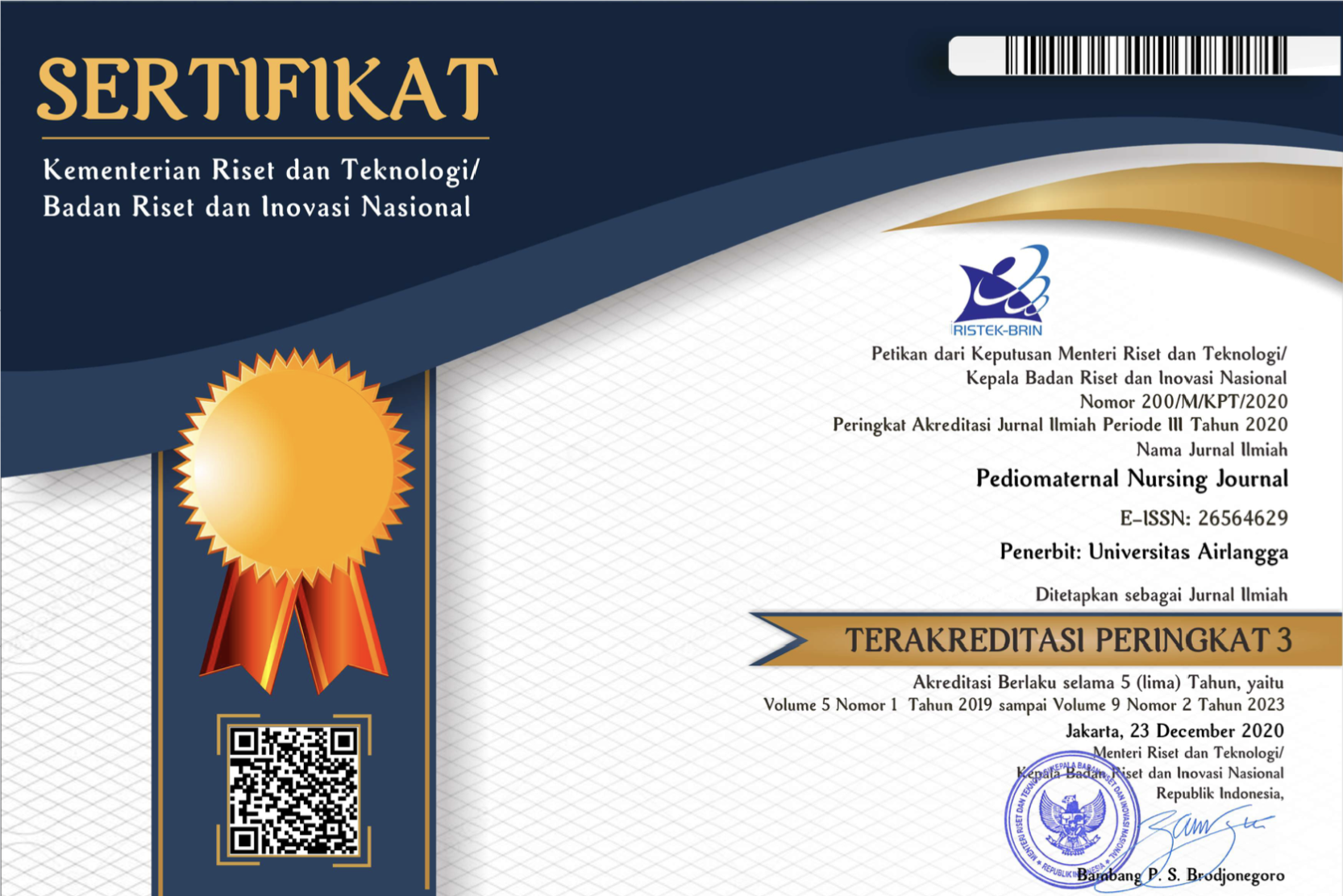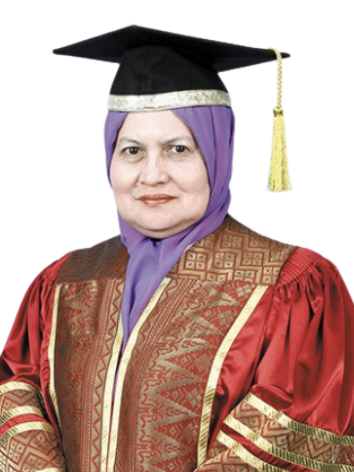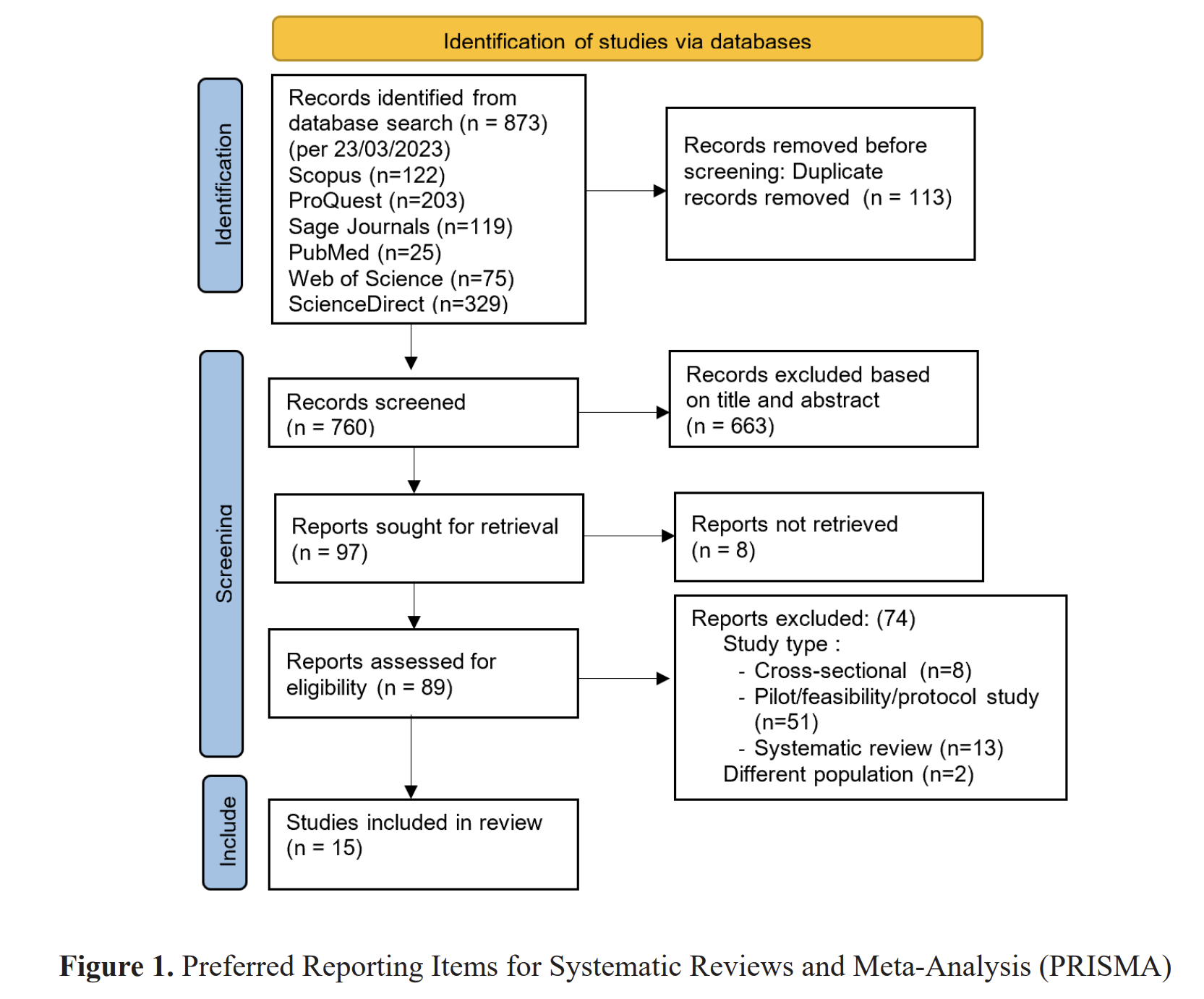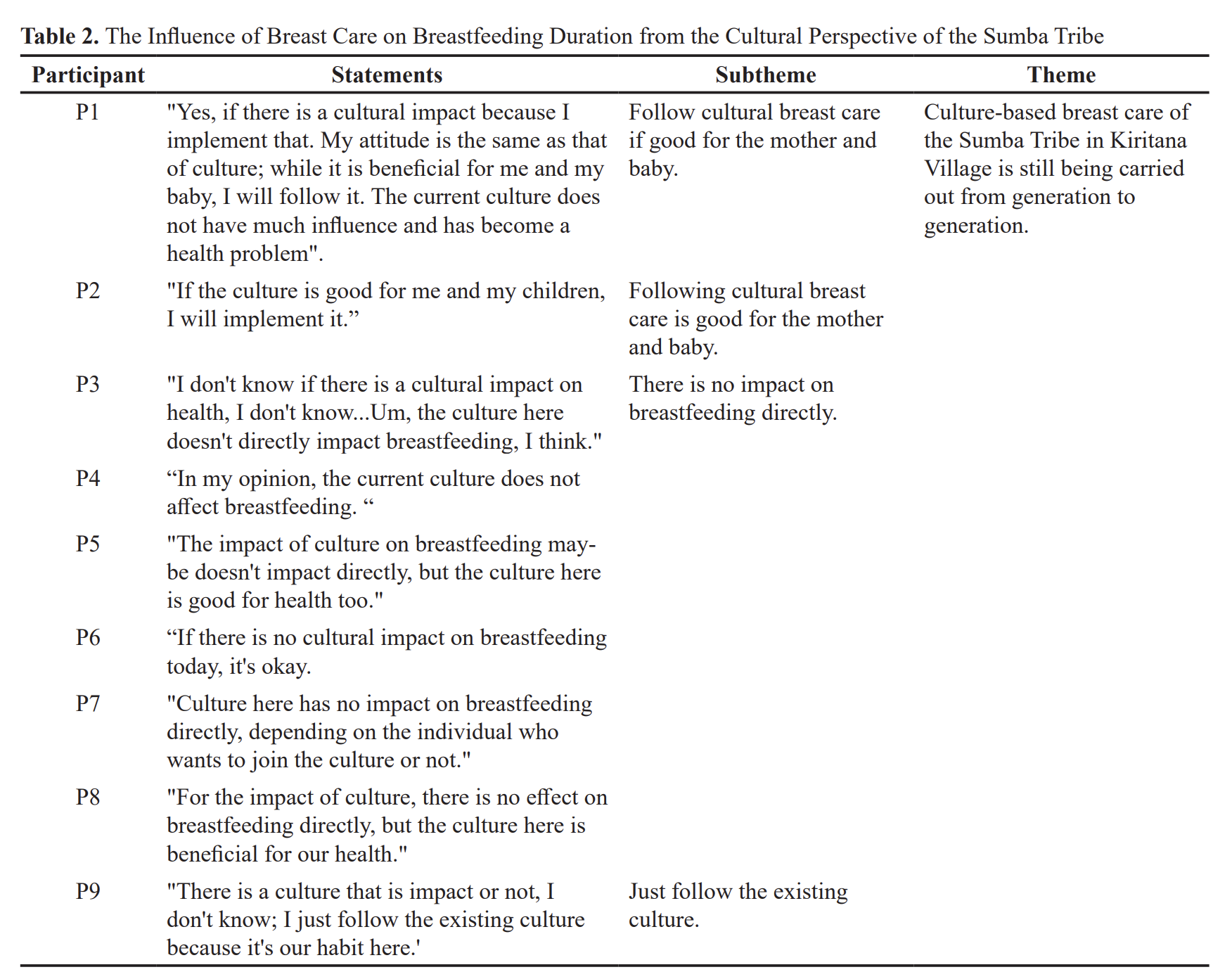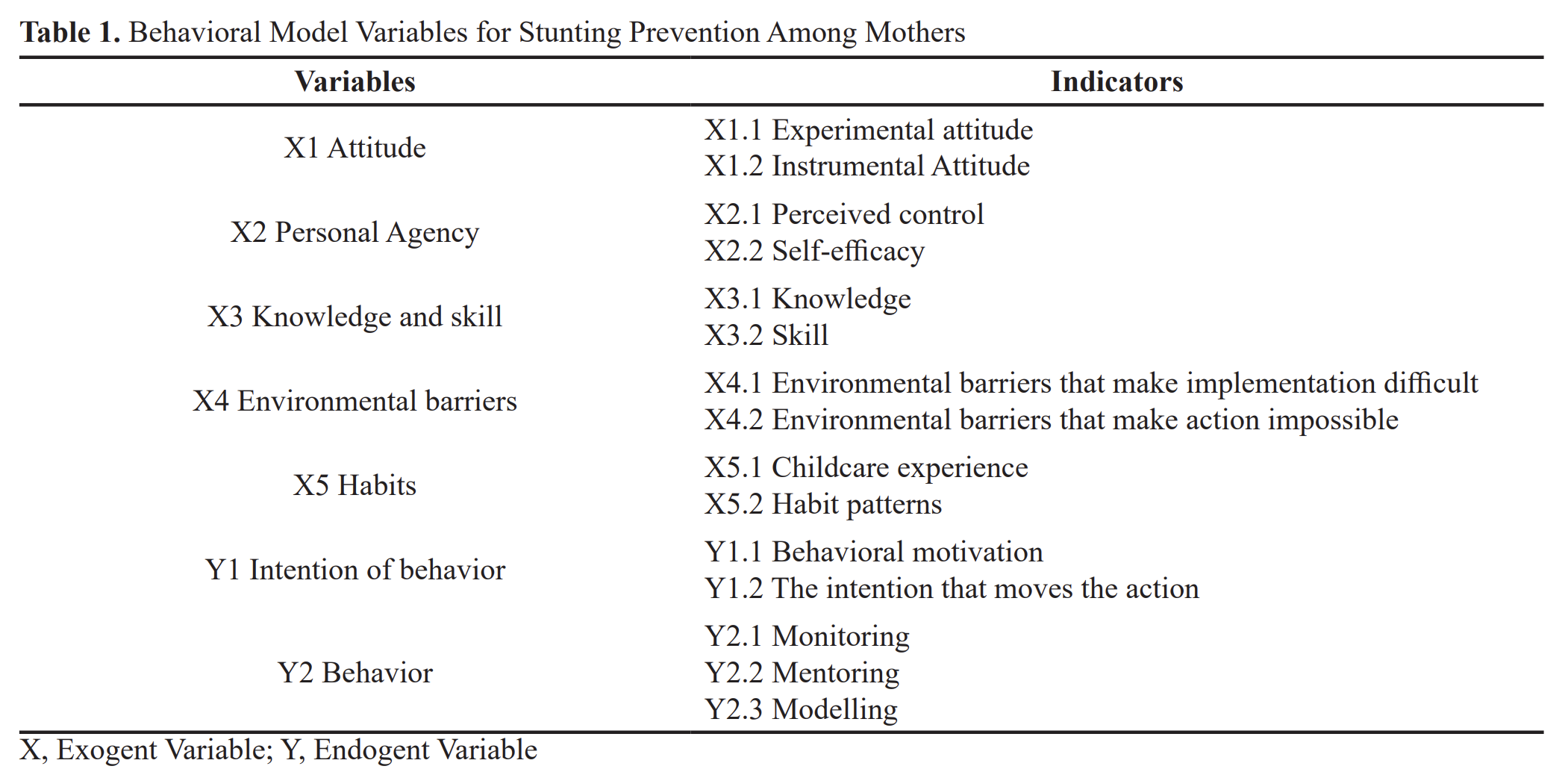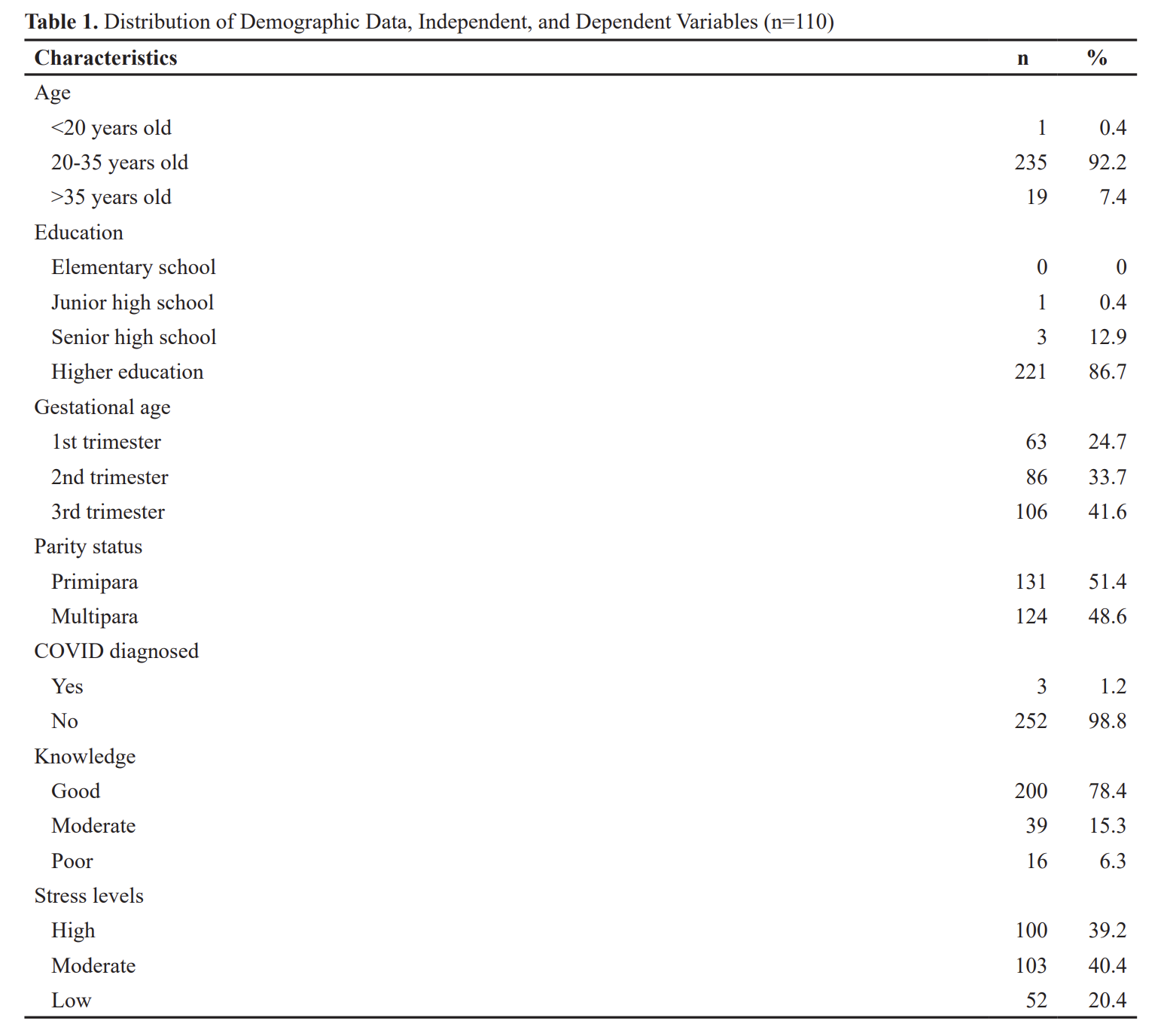Hubungan Antara Penggunaan Kontrasepsi Implan dengan Komunikasi, Informasi, Edukasi (KIE), dan Pengetahuan
Downloads
Introduction: Contraception usage in Indonesia had not effective yet. The high usage of contraception not compensated by evenness on each type of contraception. Implant as a long acting reversible contraception with high effectiveness is rarely used because of negative perception in society. The existence of negative perception caused by lack of information and knowledge about implant contraception. The study analysed association between implant contraception usage with Education Information Communication (EIC) and knowledge.
Methods: An observational analytic with a case control design. The population were 822 contraceptive acceptors. Study period on January-December 2018. Total samples were 70 with a sampling technique using purposive sampling. Divided into 2 groups, (35 non-implant acceptors as a case group and 35 implant acceptors as a control group). Data obtained through primary data and obtained from the results of guided interviews and questionnaires. Then analyzed through the chi square statistical test.
Results: 60% of acceptors got a good EIC about implant contraception (p=0.001), 51.4% of acceptors had enough knowledge about implant contraception (p=0.94).
Conclusion: There is an association between EIC with implant contraception usage, but there isn't an association between knowledge of implant contraception usage.Didik Budjianto. Profil Kesehatan Indonesia Tahun 2016. Jakarta: Kementrian Kesehatan Republik Indonesia; 2017.
Kemenkes RI. Situasi Keluarga Berencana di Indonesia. Pus Data dan Inf Kesehat. 2013;
Kemenkes RI. Situasi dan Analisis Keluarga Berencana. Pus Data dan Inf Kementrian Kesehat RI. 2014;
Hartanto W. Analisis Data Kependudukan Dan Kb Hasil Susenas 2015. 2016;
Andria. Faktor-Faktor Yang Mempengaruhi Rendahnya Pemakaian KB Implan Didesa Margamulya Wilayah Kerja Puskesmas Rambah Samo I. J Matern Neonatal. 2016;2(2):121–8.
Nuzula F, Widarini NP, Karmaya M, Nuzula F, Widarini NP, Karmaya M. Faktor-Faktor yang Berhubungan dengan Pemakaian Implan pada Wanita Kawin Usia Subur di Kabupaten Banyuwangi. Public Heal Prev Med Arch. 2015;3:104–11.
Gebremariam A & Addissie A. Knowledge and Perception On Long Acting and Permanent Contraceptive Methods in Adigrat town, Tigray, Northern Ethiopia: A Aualitative Study. Int J Fam Med. 2014;
Affandi B. Buku Panduan Praktis Pelayanan Kontrasepsi. Jakarta: Bina Pustaka Sarwono Prawirohardjo; 2014.
Trihono, Atmarita, Tjandrarini DH, Irawati A, Utami NH, Tejayanti T, et al. Pendek (Stunting) di Indonesia, Masalah dan Solusi. Lembaga Penerbit Balitbangkes. 2015. 218 p.
Salvina, Hasifah SS. Faktor-Faktor Yang Mempengaruhi Rendahnya Minat Untuk Menggunakan Metode Kontrasepsi Hormonal ( Implant ) Pada Akseptor Kb Di Puskesmas Kassi-Kassi Makassar. J e-library Stikes Nani Hasanudin Makasar. 2013;2.
Atnafe M, Assefa N, Alemayehu T. Long-acting family planning method switching among revisit clients of public health facilities in Dire Dawa, Ethiopia. Contracept Reprod Med. 2016 Sep;1(1):18.
Ajong AB, Njotang PN, Kenfack B, Yakum MN, Mbu ER. Knowledge of women in family planning and future desire to use contraception: A cross sectional survey in Urban Cameroon. BMC Res Notes. 2016;9(1):1–9.
Hoopes AJ, Ahrens KR, Gilmore K, Cady J, Haaland WL, Oelschlager AA, et al. Knowledge and Acceptability of Long- Acting Reversible Contraception Among Adolescent Women Receiving School- Based Primary Care Services. 2016;
Dinkes. Profil Kesehatan Kota Surabaya Tahun 2016. Surabaya: Dinas Kesehatan Kota Surabaya; 2017.
Saifuddin AB. Buku Panduan Praktis Pelayanan Kesehatan Maternal dan Neonatal. Jakarta: Pt Bina Pustaka Sarwono Prawirohardjo; 2010.
Pratiwi NL. Pemberdayaan Masyarakat dan Perilaku Kesehatan (Teori dan Praktek). Surabaya: Airlangga University Press; 2013.
Ellawela Y et all. Sexual & Reproductive Healthcare Contraceptive use and contraceptive health care needs among Sri Lankan migrants living in Australia : Findings from the understanding fertility management in contemporary Australia survey. Sex Reprod Healthc. 2017;12:70–5.
Imroni M dkk. Faktor-Faktor Yang Berhubungan Dengan Penggunaan Implan Di Desa Parit Kecamatan Indralaya Utara Kabupaten Ogan Ilir Tahun 2009. 2009;
Lasut V dkk. Pengaruh Pendidikan Kesehatan terhadap Pengetahuan PUS Tentang Alat Kontrasepsi Implan di Wilayah Kerja Puskesmas Nuangan Bolaang Mongondow Timur. 2013;
Hanum Z dan I. Konseling dan Dukungan Suami dengan Minat Ibu Dalam Pemakaian Kontrasepsi Implan. Lentera. 2014;14.
Notoadmojo S. Promosi Kesehatan : Teori dan Aplikasi. Rineka Cipta; 2010.
Mubarak I. Ilmu Kesehatan Masyarakat. Jakarta: Salemba Medika; 2012.
Thoyyib TB dan YW. Hubungan Antara Tingkat Pengetahuan Tentang Implan dengan Pemakaian Kontrasepsi Implan. 2013;
Blumenthal, P.D., Voedisch, A., Danielsson K. Strategies to Prevent Unintended Pregnancy : Increasing Use of Long Acting Reversible Contraception. Hum Reprod Updat. 2011;17.
Copyright (c) 2019 Nurul Alfiyah, Djohar Nuswantoro, Sunarsih Sunarsih

This work is licensed under a Creative Commons Attribution 4.0 International License.
1. The journal allows the author to hold the copyright of the article without restrictions.
2. The journal allows the author(s) to retain publishing rights without restrictions.
3. The legal formal aspect of journal publication accessibility refers to Creative Commons Attribution (CC BY).

